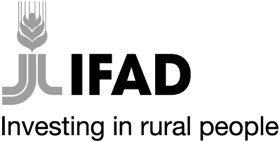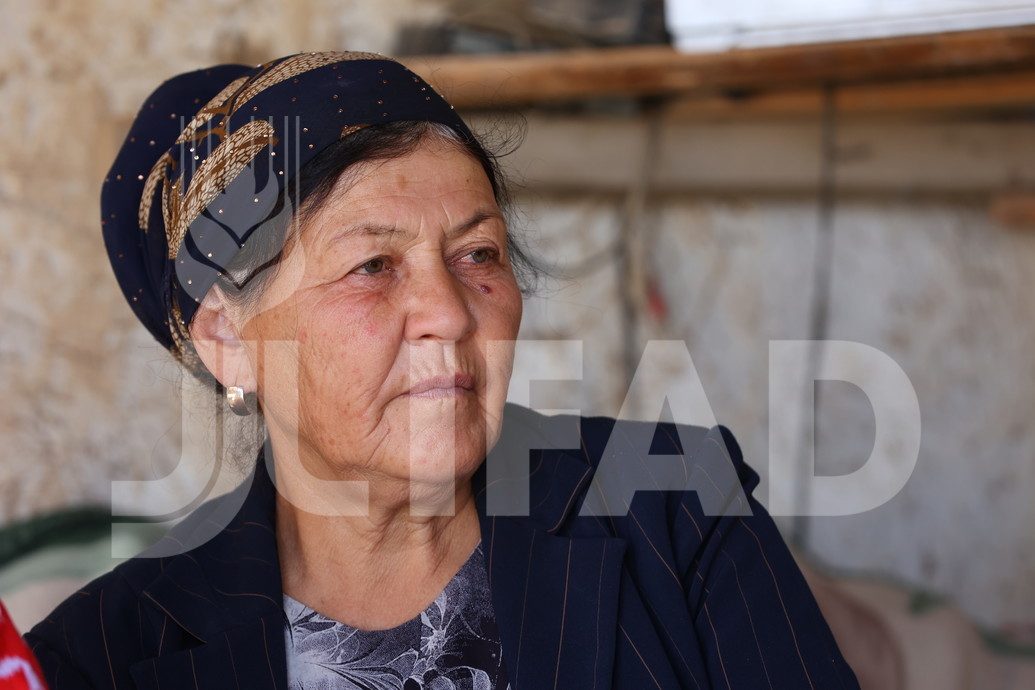| ID: | 85928 |
|---|---|
| Country: | Tajikistan |
| Title: | Tajikistan - Community-based Agricultural Support Project (CASP) - October 2023 |
| Description: |
Toji Rahmanova is 56 years old and have five children. She is a member of one of two women’s income generating groups (WIGG) for sheep breeding created by the CASP project in Ghazantarak Village located in Devashtich District in northern Tajikistan’s Sugd Region. The two groups of 15 members each, composed of women-headed households and poorer women, received a total of 90 sheep (80 female, 10 male). Each woman received three sheep, as well as 90 kg of feed. From May to October, they employee a shepherd who takes the sheep to pasture for grazing. The biggest challenge Toji and her whole community had before CASP was the lack of clean drinking water. “We have been paying so much to buy tanks of water. We know its value and use it efficiently. We teach our children to do the same.” CASP drilled two water wells and laid 18 km of pipe to bring clean drinking water to every household in the village. Now, Toji has easy access to water for her household needs, and can also use the water for her sheep and to irrigate her household garden. She also received training on livestock raising and marketing. Starting with three sheep, she already has six. “Just imagine. The three sheep I received have reproduced so I have six now. That number will continue to grow. That is my hope for increasing my income in the future.” She and the other women shear the sheep in the spring and use the wool to weave rugs and winter socks. They also use the sheep’s manure to make fuel briquettes for winter and fertilizer for the garden plots. Already thinking to the future, some of the women have plans to save money from selling sheep to buy a cow for milk to diversity their income-generating capacity. The Community-based Agriculture Support Project (CASP) stimulates inclusive economic growth and poverty reduction in rural Tajikistan. Its activities help communities and dehkan (smallholder) family farmers access productive infrastructure and services, leading to sustainable agricultural production, equitable income-generating opportunities, and improved living standards. CASP works with village organizations (VOs) to develop community-driven action plans that define their own improvement initiatives. Village-level participation in decision making is critical to the success of these plans and helps establish a sense of community ownership and cohesion. |
| Size: | 4.77 MB; 5472 x 3648 pixels; 463 x 309 mm (print at 300 DPI); 1448 x 965 mm (screen at 96 DPI); |
| Show more details: | Didor Sadulloev |
| Copyright: | © IFAD/ Didor Sadulloev |
| Categories: | New from Near East, North Africa, Europe and Central Asia |

